
Patients taking either of the 2 anticoagulants showed no large differences on 4 cognitive test scores at 2 years, according to authors of the GIRAF trial.

Patients taking either of the 2 anticoagulants showed no large differences on 4 cognitive test scores at 2 years, according to authors of the GIRAF trial.

AHA 2021: Marcus, lead author of CRAVE, says it found little effect of caffeine on atrial arrhythmias, a significant effect on PVCs, a negative effect on sleep, and a boosting effect on physical activity.

AHA 2021: Novel software algorithm used in Fitbit wearable devices accurately detected undiagnosed atrial fibrillation about 98% of the time, showed results of the Fitbit Heart Study.
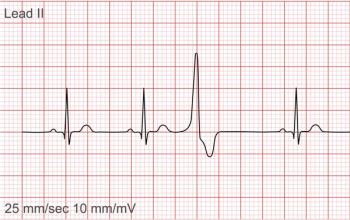
AHA 2021. Coffee increased PVCs by 54% in regular coffee drinkers and decreased sleep by more than 30 minutes; it also significantly increased daily step count and slightly improved SVT.
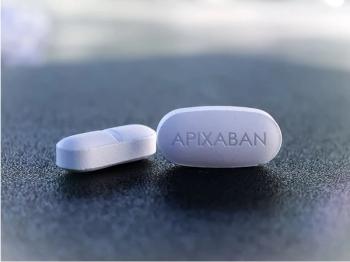
Primary nonadherence with anticoagulant therapy may be influenced by which DOAC is prescribed, age, and diagnosis of several chronic diseases, a new study found.
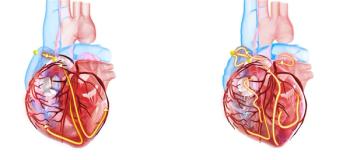
The temporal connection of atrial fibrillation and risk of ischemic stroke provides support for short-duration oral anticoagulation, said study authors.
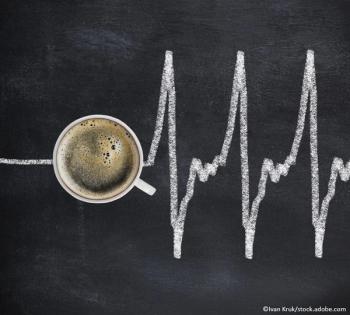
Regular coffee consumption was associated with a 3% lower risk of incident arrhythmia, a large study of UK adults found.
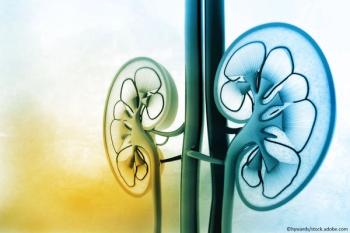
ACC.2021: A new analysis of FIDELIO-DKD found patients with chronic kidney disease and type 2 diabetes were about 30% less likely to develop atrial fibrillation vs those treated with placebo.
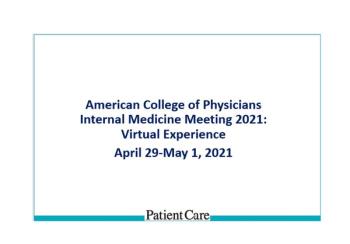
ACP 2021: Dr Stephan Moll covers the basics of DOAC duration for VTE, use of anticoagulation in special populations, and perioperative use of DOACs
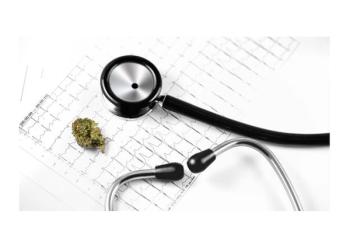
Among more than 2 million Americans admitted to the hospital for cannabis use, those with a cardiac arrhythmia were more than 4 times more likely to die while hospitalized than those without.

A new study found that mobile-based ECG screening for AF could improve health outcomes among American Indian adults who have historically endured greater health disparities.
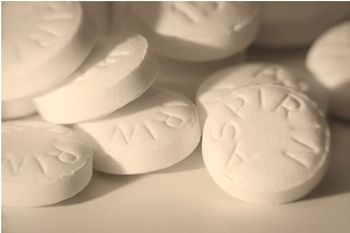
Study authors warn that ASA added to a medication regimen may be unintentional and call on clinicians to assess patients on DOACs for concomitant ASA and deprescribe.
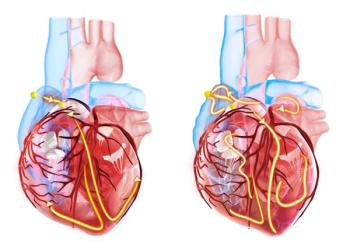
A recent meta-analysis suggests some sodium glucose cotransporter-2 inhibitor agents may protect against atrial and ventricular arrhythmias as well as sudden cardiac death in type 2 diabetes patients.

People who regularly consume just 1 alcoholic drink a day are at a 16% increased risk of atrial fibrillation compared to those who do not drink alcohol at all, a new study found.
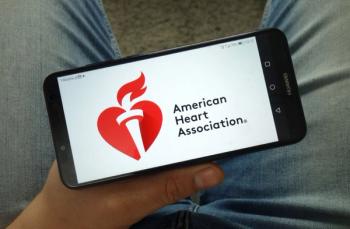
AHA 2020: Daily supplementation with 2000 IU of vitamin D3/day and/or 840 mg omega-3 fatty acids/day did not reduce or increase risk of incident atrial fibrillation.

Preview days 4 and 5 of the American Heart Association 2020 live late-breaking science sessions. Decide what you need to watch and when.
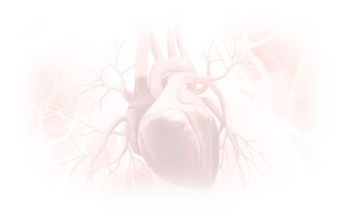
What to watch during the AHA 2020 late-breaking science sessions? We break down the first 3 days of clinical trial presentations for you, here.

Patient is a 70-year-old woman who presents with biceps pain for 3 days. History includes atrial fibrillation. What's your diagnosis?
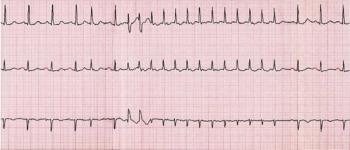
Deaths associated with atrial fibrillation have decreased, but it still takes an average of 2 years off a patient's life, according to a first-of-its-kind study.
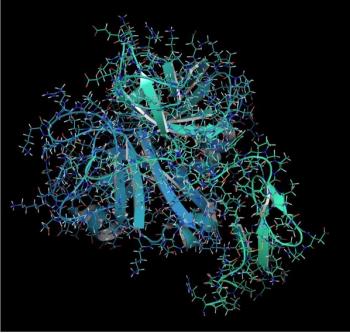
Safety and efficacy of apixaban bested rivaroxaban in analysis of new users from a US nationwide commercial healthcare claims database.

A large Swedish cohort study suggests that when it come to risk of atrial fibrillation, there are differences in the way women and men respond to endurance training.
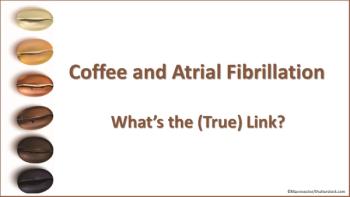
A new study finds that higher caffeine intake may decrease the risk of patients developing new onset atrial fibrillation.
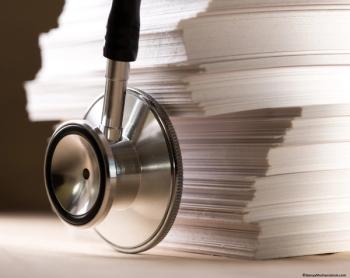
Evidence-based revisions to the AHA/ACC/HRS guidelines will affect management of your patients with atrial fibrillation. Do you know how? Find out with a quick quiz.

Andexxa, CABANA, and new AF score. Cardiologist and Patient Care author Payal Kohli, MD, highlights 3 pivotal developments from 2018.

From "Danger of sepsis" to "Birthday today," the EHR covers it all. Will a popup on prescribing anticoagulation catch on?